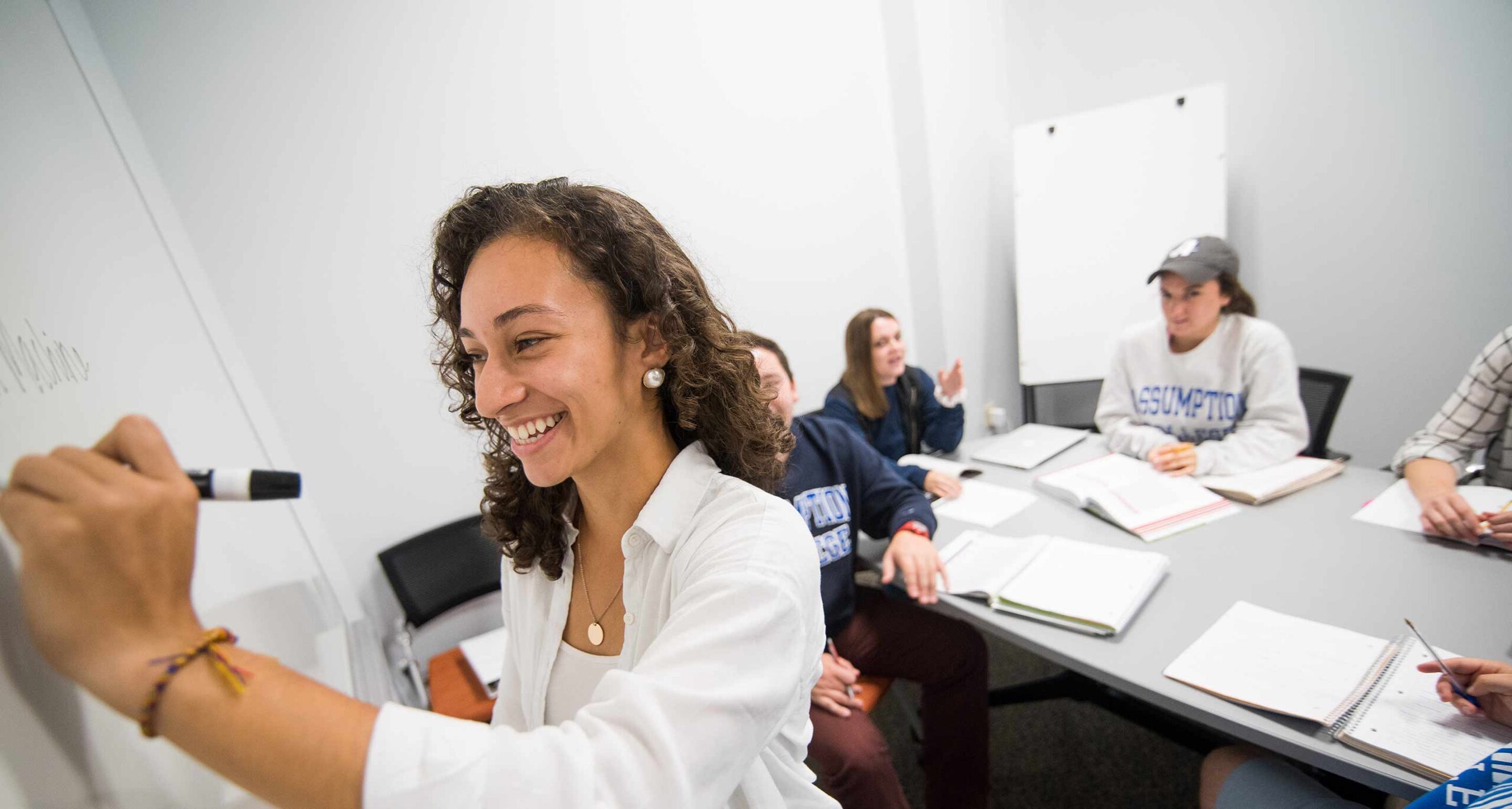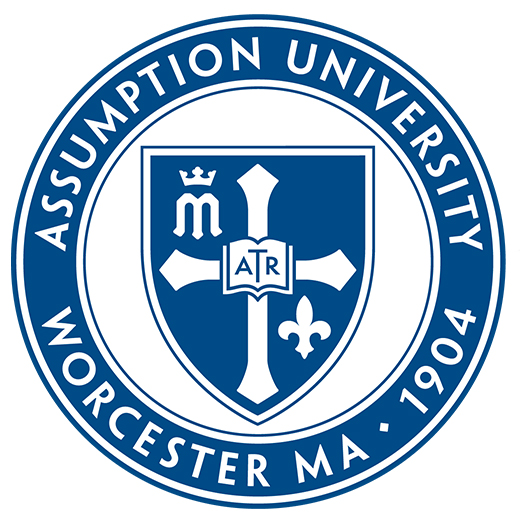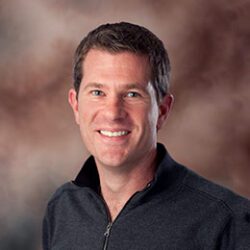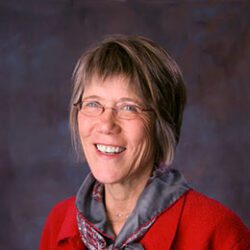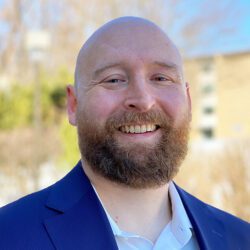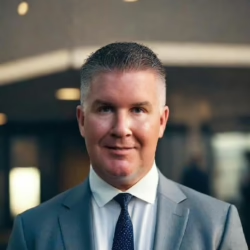Sociology and Criminology Department
At Assumption, sociology and criminology students benefit from developing an empirical understanding of social structures, social interactions, and the linkages between the two necessary to address today’s complex social issues. The department focuses on personal, hands-on experiences and research opportunities where students gain valuable insight into these topics and real-world experiences that set students apart from competition.
Students craft customized academic paths, engage in faculty-student research projects, and build connections with career and internship opportunities. Senior seminar courses in both majors have a dual focus on professional development and student-driven individual research projects. Community Service Learning (CSL) courses that are part of elective course offerings enable students to put classroom theory to work in a community setting, providing significant benefits to local residents while enhancing personal knowledge and skills.
Sociology and criminology majors and minors are flexible and complement other academic programs, including accounting, cybersecurity, history, health and human services, psychology, philosophy, political science, theology, and women’s studies. These programs highlight the value of a Catholic liberal arts education that prepares students for thoughtful and meaningful engagement with their careers and lives beyond Assumption.
In recent years, sociology and criminology students have studied abroad at the Rome, Italy campus, and in Australia, South Africa, Spain, and Washington, D.C. Our students are also a diverse and active part of the vibrant campus life at Assumption; they are elected officers in student government, captains of varsity sports teams, members of the Honors program, and leaders in Residential Life, Campus Ministry, the ALANA Network, and PAWS (Peers Advocating Wellness for Students).

